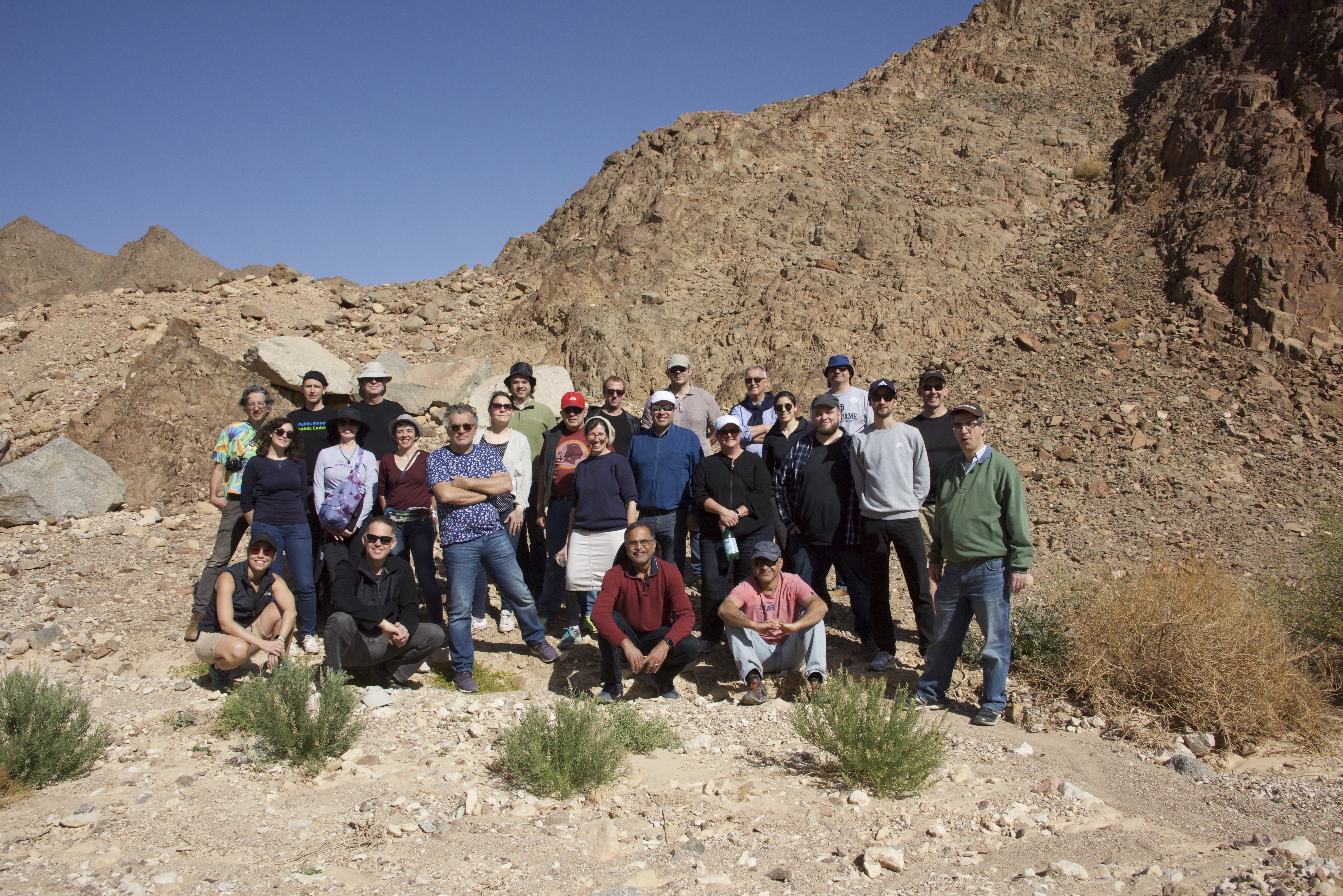2019-04-30 15:00 iReceptor Gateway is back online
Technical problems experienced over the last week have been resolved. All iReceptor services (Gateway and Repositories) are back on line.
Technical problems experienced over the last week have been resolved. All iReceptor services (Gateway and Repositories) are back on line.
Compute Canada, our service provider, is experiencing file systems problems. As a result, the iReceptor Scientific Gateway is termporarily out of service. We will update the news annoucnement here when service is restored.
Compute Canada, our service provider, is experiencing file system problems. The iReceptor Public Archive is offline. Data on the iReceptor Scientific Gateway is currently limited to the data provided by VDJServer.
Data from three new studies of tumour-infiltrating lymphocytes in oesophageal squamous cell carcinoma, glioblastoma, and primary liver carcinoma have been added. Details of the three studies are given below:

iReceptor Plus team in the desert of Eilat, Israel.
452M annotated sequences added Data from Zvyagin et. al. "Tracking T-cell immune reconstitution after TCRαβ/CD19-depleted hematopoietic cells transplantation in children" added to the iReceptor Public Archive. Over 1 Billion annotated sequences now available on the iReceptor Scientific Gateway
The European Commission and the Canadian Institutes of Health Research have announced more than $12 million in funding to expand SFU’s iReceptor initiative. iReceptor is a newly developed platform for managing massive repositories of worldwide distributed data that researchers can securely access in their quest to develop new therapies for autoimmune and infectious disease
Problems on our provider have been resolved, the iReceptor Gateway and Repositories are back up. Apologies for any inconvenience.
Our infrastructure provider is having issues and as a result the iReceptor Gateway and its repositories are currently off line.We apologize for any inconvenience, please check back here for updates.
iReceptor congratulates Prof. George P. Smith, who received the 2018 Nobel Prize in Chemistry this week for his invention of phage display, and pioneering work on phage-library technology. As a postdoc with Prof. Smith, iReceptor Co-PI Dr. Jamie K. Scott helped produce the proof of concept for phage-displayed peptide libraries (details). Both Dr. Scott and iReceptor Co-PI Dr. Felix Breden attended the Nobel award ceremony last week as colleagues of Prof. Smith.